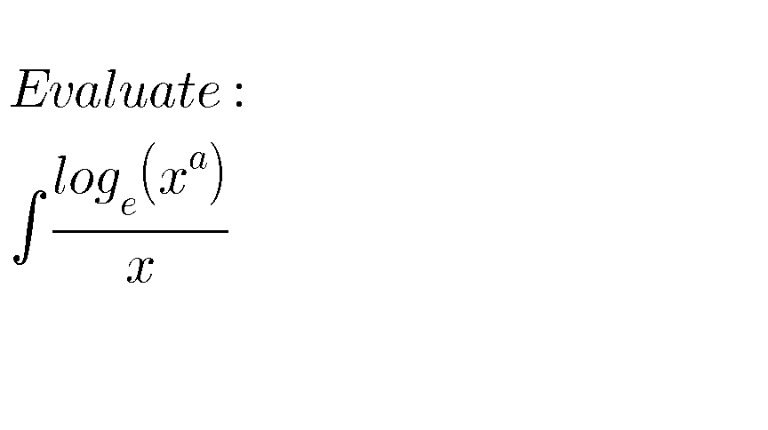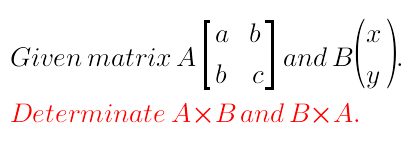
AllQuestion and Answers: Page 1205
Question Number 96652 Answers: 1 Comments: 0
Question Number 96650 Answers: 1 Comments: 0
Question Number 96637 Answers: 0 Comments: 1

Question Number 96636 Answers: 2 Comments: 1

Question Number 96617 Answers: 0 Comments: 2
Question Number 96616 Answers: 1 Comments: 0

Question Number 96613 Answers: 13 Comments: 0
Question Number 96610 Answers: 0 Comments: 1
Question Number 96607 Answers: 0 Comments: 1
Question Number 96606 Answers: 0 Comments: 1

Question Number 96604 Answers: 0 Comments: 6
Question Number 96602 Answers: 3 Comments: 0
Question Number 96593 Answers: 2 Comments: 0
Question Number 96596 Answers: 2 Comments: 0
Question Number 96595 Answers: 0 Comments: 0
Question Number 96586 Answers: 1 Comments: 0
Question Number 96584 Answers: 1 Comments: 4

Question Number 96581 Answers: 1 Comments: 0

Question Number 96600 Answers: 1 Comments: 0

Question Number 96571 Answers: 2 Comments: 0
Question Number 96570 Answers: 0 Comments: 0
Question Number 96567 Answers: 1 Comments: 1

Question Number 96558 Answers: 1 Comments: 0
Question Number 96554 Answers: 1 Comments: 2
Question Number 96548 Answers: 0 Comments: 1

Question Number 96543 Answers: 1 Comments: 0

Pg 1200 Pg 1201 Pg 1202 Pg 1203 Pg 1204 Pg 1205 Pg 1206 Pg 1207 Pg 1208 Pg 1209
